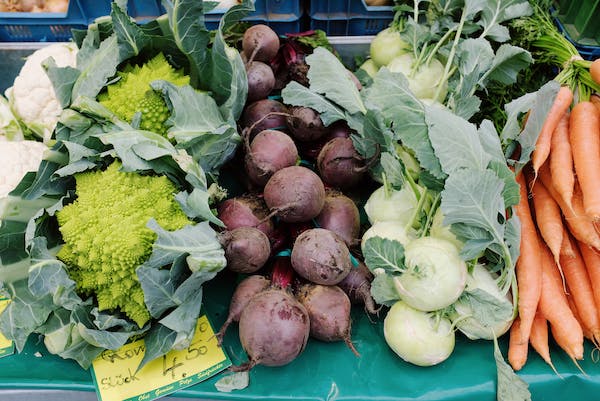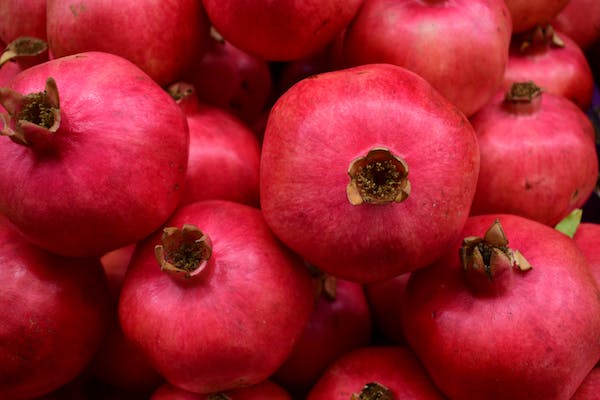The season is here again when millions of faithful Muslims worldwide observe Ramadan. As a holy month, Muslims refrain from eating and drinking during this month, fasting from sunrise till sunset. Although this practice is said to be a means to purify the body and the spirit, it can also cause blood sugar levels to fluctuate, which can have harmful repercussions on the body.
In order to preserve good health and prevent food complications, it’s important to maintain stable blood sugar levels during the month of Ramadan. Though those with diabetes are exempted from observing the fast but many believe it’s compulsory for a faithful Muslim, and it’s never wrong for them to observe it.
While observing this ritual, you have to ensure you manage your blood sugar levels throughout the day by consuming the appropriate meals at the appropriate times.
In this post, we will share some valuable tips and strategies for maintaining stable blood sugar levels while fasting during Ramadan. Whether you have fasted before or it’s your first time, these tips will ensure proper control of your blood sugar so that you feel healthy and energetic throughout the holy month.

1. Consult with a healthcare professional
It is health wisely important to note before fasting during Ramadan to consult with a healthcare professional, especially if you have diabetes or other chronic diseases. The healthcare professional can assess your overall health and advise you on whether it is safe to fast or not, and if there are other health precautions to take, you will be told.
They can also adjust the duration or dosage of your medications if necessary, to ensure effectiveness and healthy condition during the fast.
2. Make food and medicine plans.
As much as you don’t want to miss out on the Ramadan fast, it is essential to plan your meals carefully to avoid spikes in blood sugar levels. You should include complex carbohydrates, protein, and healthy fats in your meals.
Complex carbohydrates, it may be either whole grains or vegetables, they are broken down more slowly than simple carbohydrates, which can help to prevent spikes in blood sugar levels.
Protein and healthy fats, such as nuts and avocado, can help you feel full for longer and prevent overeating during the non-fasting periods. You should also plan the timing of your meals and medication carefully, taking the fasting hours into account.
3. Tracking blood glucose levels

Balancing blood sugar levels during Ramadan, it’s healthy to monitor the levels to ensure that they don’t spike or fall dangerously below normal. Regularly monitor your blood sugar levels, both before and after meals, and adjust your prescription as necessary. Moreover, be on the lookout for any of your body’s indications that your blood sugar may be either too low or too high.
4. Stay hydrated
For all the faithful Muslims, here’s another healthy tip that’s sweeter than a box of dates! If you want to manage your blood sugar levels during Ramadan fasting, make sure to stay hydrated – especially if you’re living that diabetic life. Take more water like it’s your last drop of Zamzam water, and steer clear of sugary drinks and caffeine in order to avoid any potential spikes.
5. Light workout
Staying healthy while fasting for Ramadan with diabetes is good, as you are not expected to engage in heavy exercise during the Ramadan fast and that is why moderate exercise like walking is recommended for people living with diabetes.
Throughout Ramadan, you should keep up a regular exercise schedule, getting in at least 15 minutes of walking, and avoiding vigorous activities while it’s hot outside. Also, you must be aware of the symptoms of hypoglycemia in order to modify your prescription and food intake.
6. Break the fast immediately if necessary
Whenever you begin to experience symptoms of hypoglycemia or hyperglycemia, you should break your fast immediately. Symptoms of hypoglycemia may include sweating, trembling, confusion, and irritability, while symptoms of hyperglycemia may include increased thirst, frequent urination, and blurred vision. You should have a plan in place for breaking your fast if necessary, such as having dates or fruit juice on hand.
Conclusion
During Ramadan, fasting is mandatory for Muslim believers, but certain individuals with temporary health challenges are allowed to make up lost fasting days in other months. Those with more permanent challenges can provide food for the needy instead of fasting. Children and those with unsound mental faculties are exempt from fasting.
Patient education for those with diabetes during Ramadan includes pre-Ramadan health consultation, risk stratification, and reminders about religious exemptions.
Those medically fit to fast should be educated on balanced nutrition, moderate exercise, medication adherence, self-monitoring of glycemic status, and early recognition of dangerous situations.
And don’t forget, you can always book a customized food plan suitable for any health condition with womenphase to ensure that you are meeting your dietary needs during this holy month.






